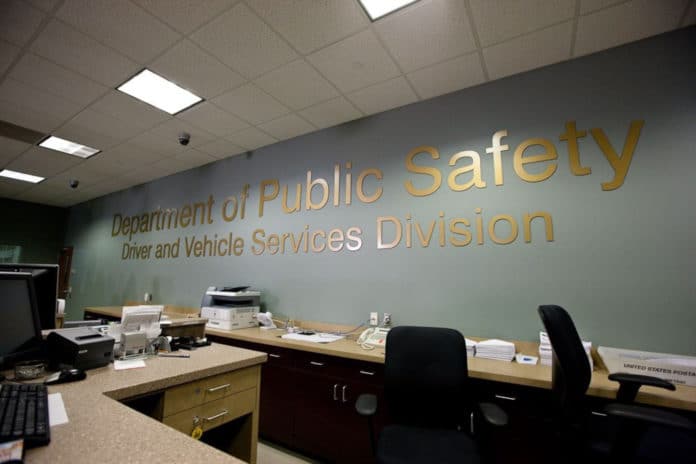In Jurassic Park, Dr. Ian Malcolm uttered the famous words, “Your scientists were so preoccupied with whether or not they could, they didn’t stop to think if they should.” Thankfully, the Minnesota House of Representatives is not debating whether to bring dinosaurs to life. However, one of its bills would require a report on the feasibility of transitioning to digital driver’s licenses in Minnesota — without stopping to consider whether implementing a digital ID is a good idea.
The House State Government and Transportation omnibus bill (HF 4293), authored by Rep. Michael Nelson, DFL-Brooklyn Park, asks for the commissioner of public safety to “report …on transitioning from physical driver and vehicle documents to digital versions of the same documents.”
The report will likely say Minnesota is able to transition to digital documents. Given 12 states already have some form of digital ID, the question of “is it feasible” has probably already been answered. The real question lawmakers must ask is “is it a good idea” to transition to digital driver’s licenses and IDs. The answer is a resounding no.
Digital driver’s licenses give government new powers over the population. They threaten personal privacy, security, and autonomy. They increase government surveillance over individual movement and purchases. Digital IDs are a powerful tool that enables states to expand their control over citizens.
Allowing a government application on one’s phone endangers personal privacy. Police officers in Pennsylvania praised digital driver’s licenses for giving them the ability to “wirelessly pull up a driver’s identification without having to leave their patrol cars.”
Identifying a driver without even approaching the vehicle is just one example of the privacy infringement created by digital IDs. Underlying any form of use (or abuse) of a digital driver’s license is the fact that phone applications are designed to collect data on the user. A person’s location, search history, purchases, and much more are already gathered by other phone apps in the private sector. This same information could potentially be viewed or accessed by the government through a digital ID.
Digital driver’s licenses threaten personal security — the opposite of what an ID is meant to do. People verify their identity through their driver’s license. However, as Iowa officials reported, digital driver’s licenses give government the ability to suspend or revoke a person’s license at any time. This reliable credential would no longer be secure. And if the license is suspended by mistake, it will take time and effort to restore it.
Digital driver’s licenses also infringe on personal freedom. It may sound liberating not to bring a wallet everywhere, but digital driver’s licenses are the antithesis of freedom. Digital IDs require the government to authenticate the individual each time they present their license. This means the Department of Vehicle Services (DVS) would be digitally contacted whenever a person purchased alcohol, bought a gun, went to the hospital, picked up prescriptions, boarded a plan, rented a car and much more. The state’s audit log would record each personal decision, location, and action. This is not freedom.
Finally, given the ubiquitous use of driver’s licenses as IDs, it would be difficult for individuals to refuse the digital ID and prevent its data collection. The expectation that everyone comply with the system will also marginalize anyone who doesn’t own a smartphone, potentially burdening low-income, young, and elderly individuals.
The feasibility of transitioning to digital driver’s licenses doesn’t justify doing so. Lawmakers need to ask not whether Minnesota could utilize digital IDs, but whether they should. With the significant risks and hardships we already know they would bring to citizens, digital IDs are an invention best not imposed upon Minnesotans.














